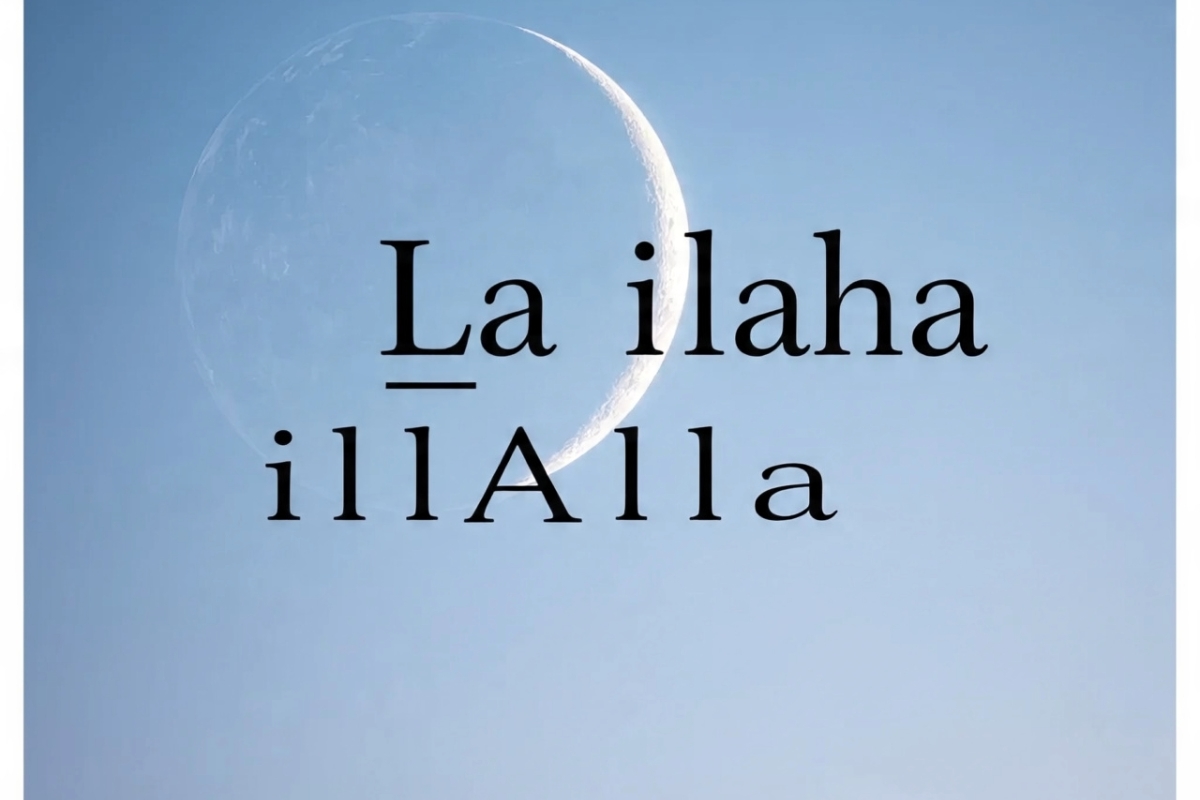Let’s face it — contraception isn’t just about preventing pregnancy. For a lot of people, it’s tangled up with deeper things. Values. Beliefs. The teachings they grew up with. The culture they carry, whether proudly or quietly in the background. And when it comes time to decide on birth control, that tangle can feel like a knot that’s not so easy to loosen.
So, let’s talk about it. Not with a finger wagging in any direction, but with a bit of understanding — because this is one of those topics where the heart, mind, and body all have a say. And sometimes? They don’t consistently see eye to eye.
Belief Systems and Birth Control: No One-Size-Fits-All
Religion and culture — they have a way of shaping how we see the world. And when it comes to birth control, those influences run deep. But here’s the thing: no two people of the same faith or culture will necessarily see this issue the same way. Life’s messy like that.
🌿 Catholicism: The Official Line, and the Quiet Realities

Let’s start here. The Catholic Church has long taught that artificial contraception is off-limits. Instead, couples are encouraged to use natural family planning — tracking fertility, timing intimacy, that sort of thing. The idea? That sex and openness to life should always go hand in hand.
But — and this is important — real life often looks different. Plenty of Catholics, while deeply committed to their faith, choose to use birth control. Sometimes it’s for health reasons. Sometimes because they feel they simply can’t support more children. And sometimes because, well, they see their faith and their choices as a personal conversation with God, not something that fits neatly into black-and-white rules.
🌙 Islam: A Balancing Act Between Responsibility and Trust

Islamic perspectives on contraception tend to focus on intent. Is the goal to space children responsibly, in a way that supports the well-being of the family? Or is it to avoid children altogether, permanently, without good reason? That’s where the discussion often lands.
Generally, temporary methods — pills, IUDs, condoms — are seen as permissible, as long as both husband and wife agree. Sterilization or permanent methods? Those are usually discouraged unless there’s a medical necessity.
But as with any faith, the interpretation can shift depending on who you ask, what school of thought they follow, and what cultural lens they’re looking through. A woman in Jakarta might hear different guidance than a woman in Cairo or London — even if their faith is the same.
✡ Judaism: Many Paths, One Faith

Judaism is interesting here because the view on contraception can vary a lot depending on the community. “In Orthodox circles, people often approach birth control cautiously. They view having children as a commandment, so they usually allow birth control only when there’s a significant reason — such as health concerns, financial strain, or emotional well-being.”
In Conservative or Reform communities? There’s usually more flexibility. Couples are encouraged to build families thoughtfully, in ways that fit their circumstances. And yes, birth control can be part of that.
What method is preferred? Again, it can depend. Some rabbinic authorities might favor hormonal methods over barrier ones because of how they intersect with laws about intimacy. Others leave the choice to the couple.
🕉 Hinduism and Buddhism: Less Dogma, More Reflection

Neither Hinduism nor Buddhism has a single authority figure or institution that lays down strict rules for everyone. In both traditions, the ethical focus tends to be on intention, harm, and compassion.
In Hinduism, many consider family life sacred, but they don’t usually forbid contraception — especially when it protects the mother’s health or supports the family’s well-being. Some believe it’s best to avoid permanent methods unless absolutely necessary.
Buddhism often comes at the question from the angle of non-harm. If a contraceptive method prevents conception, it’s usually seen as acceptable. If it destroys life after it has begun (for example, certain forms of emergency contraception), some practitioners might find that problematic.
Cultural Expectations: The Unspoken Rules
Now, layer culture on top of religion, and things get even more complex. You could belong to a faith that technically allows contraception — but come from a community where using it is quietly judged. Or maybe your culture celebrates large families as a sign of prosperity, strength, or blessing, and choosing to limit family size feels like going against the grain.
In some places, birth control is still whispered about, if it’s talked about at all. A woman might have access to pills or an IUD, but feel she has to hide it from her mother-in-law, her neighbors, or even her friends. Or a man might support his partner’s use of contraception but feel unable to discuss it openly because of what’s expected of him.
And of course, there are communities where the opposite is true — where not using birth control would raise eyebrows. Where delaying children until you’re “settled” is simply what’s done.
The Personal Struggle: Between Faith, Family, and Self
Here’s where things get really real. It’s one thing to know what your faith teaches, or what your culture expects. It’s another thing entirely to live with those expectations while also trying to honor your own health, your relationship, and your sense of what’s right.
Maybe you believe deeply in the teachings you grew up with — but your circumstances are complicated. Maybe your health makes pregnancy risky. Maybe your marriage is under strain. Maybe you’re not sure whether children are in the cards at all.
And so, people make choices. Sometimes they choose methods that align perfectly with their beliefs. Sometimes they find ways to reconcile their decisions with their faith, quietly, personally. Sometimes they wrestle, pray, reflect, and still don’t feel at peace with the path they’ve taken — or chosen not to take.
What About the Role of Healthcare Providers?
This is a tricky space for doctors, nurses, and counselors. The best of them know it’s not just about handing out a prescription. It’s about listening. Really listening. About understanding where a patient is coming from, what matters to them, and what’s weighing on their mind.
It’s not about pushing a method. It’s about offering options with empathy, and helping someone make a choice they can feel good about — one that respects their body and their beliefs.
Common Questions That Don’t Always Get Asked Out Loud
💭 “If I use contraception, am I betraying my faith?”
That’s a deeply personal question, and the answer won’t be the same for everyone. For some, faith is about strict adherence. For others, it’s about intention and conscience. Only you can decide what feels true for you.
💭 “Is it okay to choose convenience over tradition?”
Life’s messy. Faith and culture give us guides, but only you know what balance you can live with.
💭 “What if my partner and I disagree?”
Ah — that’s a tough one. Open, honest conversation matters here. And sometimes, outside guidance from someone you both trust can help.
The Takeaway: Respecting the Complexity
If there’s one thing worth saying loud and clear, it’s this: when it comes to contraception and religious or cultural considerations, there are no easy answers. No quick fixes. No universal rules that fit every heart, every home, every situation.
People make choices shaped by so many things — faith, love, fear, hope, responsibility. And whatever those choices are, they deserve respect, not judgment.
If you’re navigating this yourself, give yourself space. Time to reflect. People you trust to talk to. And healthcare providers who listen, not lecture.
Because at the end of the day? This is your life. Your body. Your journey.
👉 Small tip: If you’re feeling torn, try writing down your thoughts — not just about birth control itself, but about what matters most to you. Health? Faith? Family harmony? Personal peace? Sometimes, seeing it in black and white helps untangle what’s in your heart.
FAQs:
Many religious traditions emphasize procreation as a central purpose of marriage. Therefore, some teachings discourage or prohibit artificial birth control as they believe it interferes with divine will.
Yes, quite a few do. For instance, some Protestant denominations and Reform Jewish communities support personal choice in family planning. In addition, many advocate for informed decisions rooted in compassion and practicality.
While religion and culture are powerful forces, personal autonomy is essential. Moreover, people often find ways to honor both their beliefs and their individual needs through thoughtful compromise.
Yes, in many places it is. However, open dialogue is increasing, especially as access to education and reproductive health resources expands. This shift allows more individuals to make empowered decisions.


